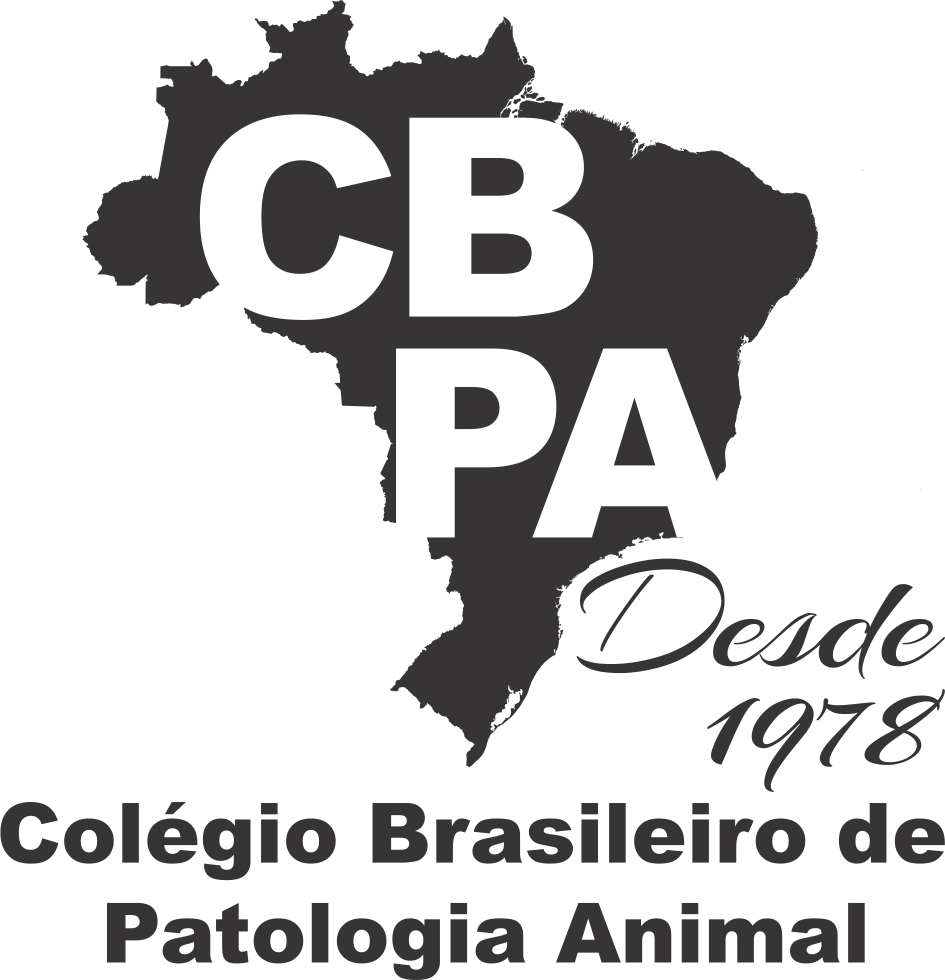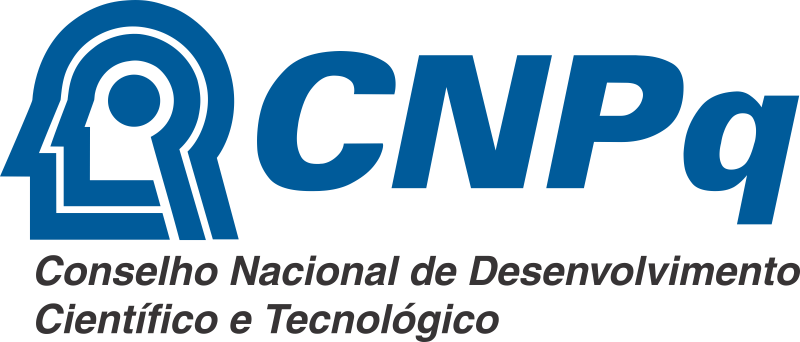Resultado da pesquisa (1)
Termo utilizado na pesquisa Moore R.M.
#1 - Apoptose no cólon menor eqüino submetido à isquemia e reperfusão experimentais, p.198-204
Abstract in English:
ABSTRACT.- Mendes H.M.F., Faleiros R.R., Vasconcelos A.C., Alves G.E.S. & Moore R.M. 2009. [Apoptosis in equine small colon subjected to experimental ischemia and reperfusion.] Apoptose no cólon menor eqüino submetido à isquemia e reperfusão experimentais. Pesquisa Veterinária Brasileira 29(3):198-204. Departamento de Clínica e Cirurgia Veterinárias, Escola de Veterinária, Universidade Federal de Minas Gerais, Avenida Antônio Carlos 6627, Pampulha, Belo Horizonte, MG 31270-901, Brazil. E-mail: faleiros@ufmg.br
Intestinal ischemia and reperfusion are important factors for mortality in horses. The objective of this study was to detect and to quantify apoptosis in the mucosa of equine small colon in a model of ischemia and reperfusion. The small colon was surgically exposed in twelve horses, and two intestinal segments were demarcated and subjected to 90 (SI) or 180 (SII) minutes of complete arteriovenous ischemia. Intestinal samples were collected before ischemia (control), at its end and after 90 and 180 minutes of reperfusion. Samples were histological processed and stained by hematoxylin and eosin (SI and SII) and by the technique of TUNEL (SI). Digitized histological images were analyzed morphometrically to detect apoptotic cells and to determine the apoptotic index (AI). After 90 or 180 minutes of arteriovenous ischemia, an increase in apoptotic cells was verified when compared with the control group, although no difference could be detected between the different periods of ischemia (P<0.05). After the first 90 minutes of reperfusion, a decrease in AI occurred, similar in both segments, possibly due to lack of energy source promoted by ischemia. AI was maximized after 180 minutes of reperfusion (sample harvested only in SI) (P<0.05). In conclusion, apoptosis is an important cause of cellular mucosal death in equine small colon ischemic obstruction, occurring early in ischemia, and later (after 90 minutes) in the reperfusion period.
Abstract in Portuguese:
ABSTRACT.- Mendes H.M.F., Faleiros R.R., Vasconcelos A.C., Alves G.E.S. & Moore R.M. 2009. [Apoptosis in equine small colon subjected to experimental ischemia and reperfusion.] Apoptose no cólon menor eqüino submetido à isquemia e reperfusão experimentais. Pesquisa Veterinária Brasileira 29(3):198-204. Departamento de Clínica e Cirurgia Veterinárias, Escola de Veterinária, Universidade Federal de Minas Gerais, Avenida Antônio Carlos 6627, Pampulha, Belo Horizonte, MG 31270-901, Brazil. E-mail: faleiros@ufmg.br
Intestinal ischemia and reperfusion are important factors for mortality in horses. The objective of this study was to detect and to quantify apoptosis in the mucosa of equine small colon in a model of ischemia and reperfusion. The small colon was surgically exposed in twelve horses, and two intestinal segments were demarcated and subjected to 90 (SI) or 180 (SII) minutes of complete arteriovenous ischemia. Intestinal samples were collected before ischemia (control), at its end and after 90 and 180 minutes of reperfusion. Samples were histological processed and stained by hematoxylin and eosin (SI and SII) and by the technique of TUNEL (SI). Digitized histological images were analyzed morphometrically to detect apoptotic cells and to determine the apoptotic index (AI). After 90 or 180 minutes of arteriovenous ischemia, an increase in apoptotic cells was verified when compared with the control group, although no difference could be detected between the different periods of ischemia (P<0.05). After the first 90 minutes of reperfusion, a decrease in AI occurred, similar in both segments, possibly due to lack of energy source promoted by ischemia. AI was maximized after 180 minutes of reperfusion (sample harvested only in SI) (P<0.05). In conclusion, apoptosis is an important cause of cellular mucosal death in equine small colon ischemic obstruction, occurring early in ischemia, and later (after 90 minutes) in the reperfusion period.









